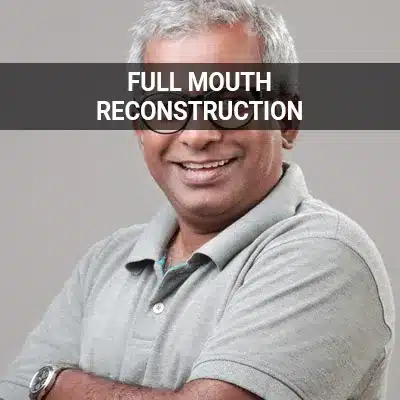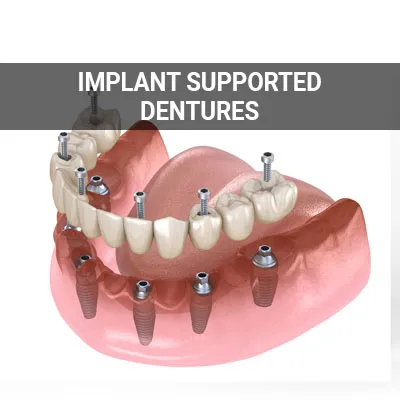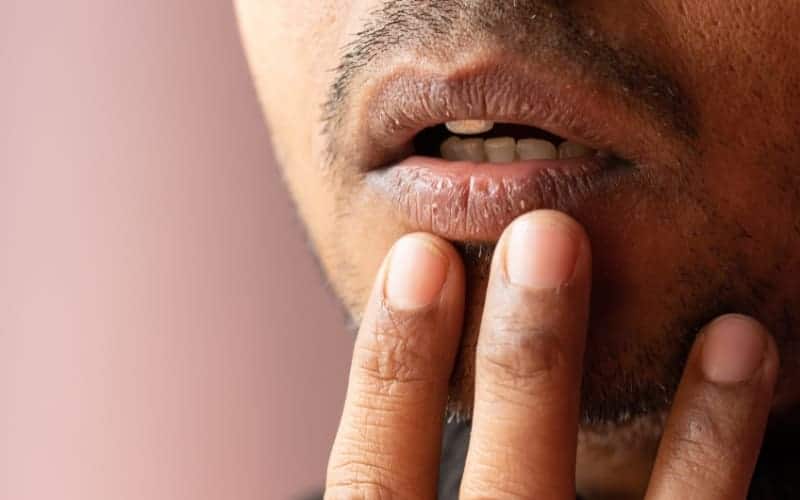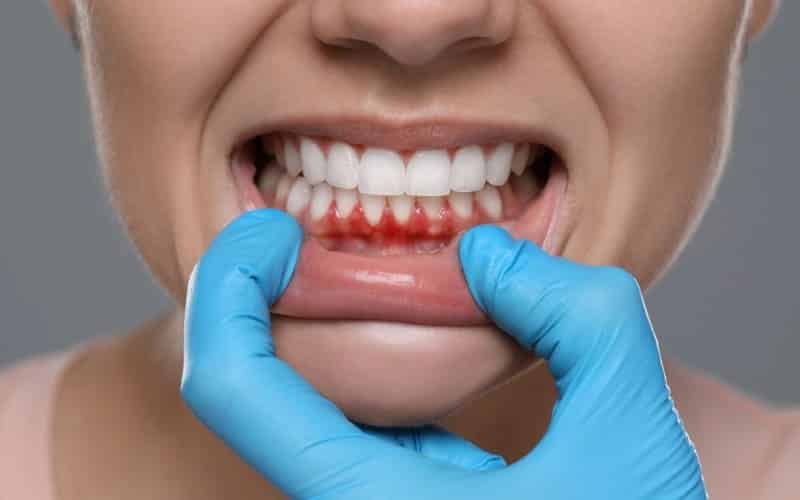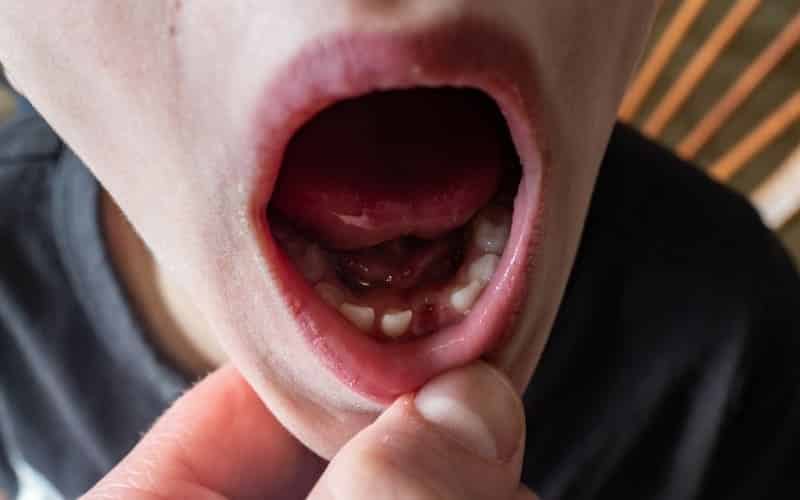
Options for Replacing All of My Teeth Glendale AZ
Modern dental advancements allow people with extensive or even complete tooth loss to restore their smiles. All teeth replacement options include implants, complete dentures, implanted-supported dentures, and more. Complete tooth replacement can drastically improve the appearance of your smile, improve speech, increase comfort, and significantly boost your self-confidence.
If you have extensive or complete tooth loss, all teeth replacement options can restore your smile’s health and well-being. All teeth replacement options are available at Singh Smile Care - Dentist Glendale, AZ in Glendale AZ and the surrounding area. Call us today at (623) 400-6009 to learn more about our services or schedule an appointment.
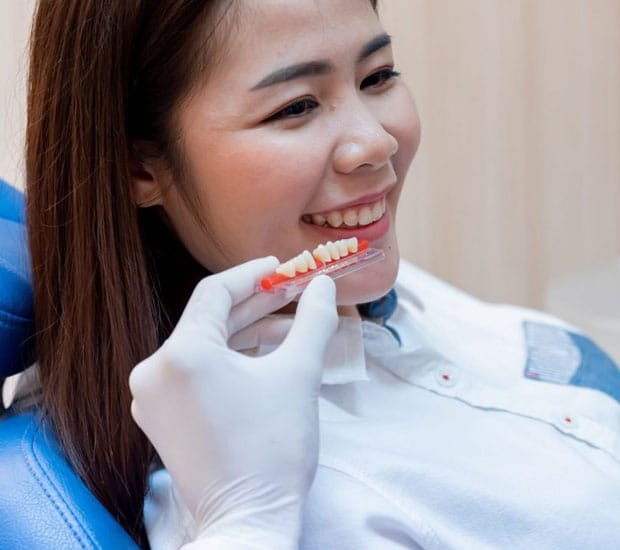
Candidates for All Teeth Replacement Options
Full mouth extractions may be necessary for various reasons. Individuals who experience excessive or total tooth loss are ideal candidates for complete tooth replacement treatments. Severe tooth loss primarily occurs because of severe infection or decay. It can also occur due to gum disease, trauma, bone loss, or abscess.
We may recommend a full-mouth extraction to prepare patients for complete dentures. The best treatment option for a patient depends on several factors, such as lifestyle choices, diet, the extent of jawbone deterioration, and budget. We can assess each patient’s individual needs and circumstances to recommend the optimal solution.
Which option is right for any particular patient depends on several factors, such as lifestyle choices, diet, the extent of jawbone deterioration, and budget.
Complete Dentures to Replace Teeth
There are two types of complete dentures, immediate and conventional. Once a patient has their teeth removed, the gum tissue has time to heal. Then, placement of the conventional dentures occurs eight to 12 weeks after the extraction.
The creation of immediate dentures happens ahead of time. This allows us to place this type of complete denture as soon as we remove the patient’s teeth. While this option is quick, it also requires more adjustments during the healing process. Immediate dentures are only a temporary option while the laboratory creates the conventional dentures.
There are two types of complete dentures, immediate and conventional.
Implant-Supported Options
Besides dentures, there are implant-supported options to replace missing teeth. In addition to looking and functioning like natural teeth, implant-supported full bridges or dentures are also long-lasting. They can also be more comfortable and stable than conventional dentures. These benefits allow patients to have a more natural biting and chewing ability.
The dental implant process involves surgically inserting a titanium steel screw into the gum line and fusing it to the jawbone. Once the implant has fused, we place temporary healing caps and various connecting devices to attach multiple crowns to the implants. This completes the foundation on which we will place the new bridge or denture. Lastly, we will create and place the full bridge or denture and attach it to small metal posts, called abutments.
In addition to looking and functioning like natural teeth, implant-supported full bridges or dentures are also long-lasting.
Other Complete Teeth Replacement Options
Besides complete dentures, full bridges, and dental implants, patients can also choose implant supported dentures to replace their teeth. Implant supported dentures involves the use of four implants to support a full-arch lower denture. In some cases, the upper denture may require up to six implants to support the appliance.
Treatment consists of placing two implants at the front of the arch in the space previously occupied by the front teeth. The next step involves placing the other implants on either side and at a 45° angle tilting towards the back of the mouth. Then, the overdenture attaches to the dental implants with special attachments on the fitting surface. People should contact us to find out more about our available treatments.
Besides complete dentures, full bridges, and dental implants, patients can also choose implant supported dentures to replace their teeth.
Questions Answered on This Page
Q. Who is a good candidate for all teeth replacement?
Q. What are complete dentures?
People Also Ask
Q. Why are dentures a preferred treatment?
Q. Why would someone want or need a complete mouth reconstruction?
Replacing All Teeth
Complete teeth replacement can sound like a daunting experience. In severe cases, the spread of a cavity, tooth decay, or bacterial infections can move from one tooth to the entire mouth. A full mouth extraction is necessary when the damaged or infected teeth are no longer useful.
Luckily, various tooth replacement options are available. It is important to replace missing teeth because it can impact speech and eating and cause other problems over time. Tooth loss can also affect the jaw and facial muscles. As the mouth shifts, missing teeth can result in a changed face shape. All teeth replacement is a good option for people who want to avoid such complications.
Once the implant has fused, we will apply a crown that looks, feels, and functions just like a natural tooth.

